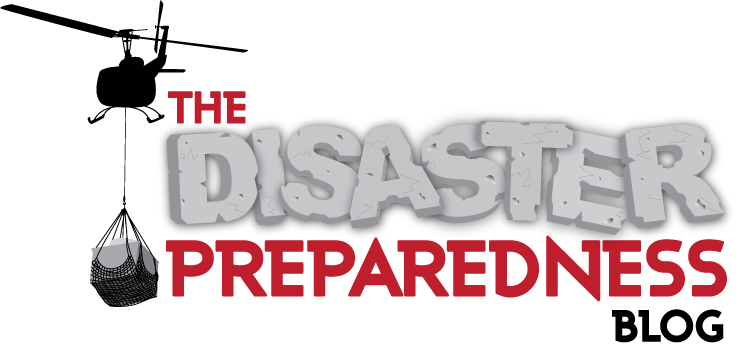What You Need To Know About Potassium Iodide or KI
 Wednesday, March 16, 2011 at 9:21AM | |
Wednesday, March 16, 2011 at 9:21AM | |  Email Article
Email Article The news is reporting on people buying up Potassium Iodide also known as KI in droves and that suppliers have run out and are scrambling to make more. One supplier has also donated a large supply to Japan.
I also know several preparedness retailers who have also run out and have a large number of orders being placed that they can't currently fill. The two things that worry me about this is first, the people who may need them may not get them since the supply is short (though governments do have stock piles of them) and the second is the potential for people who should not be taking KI to have adverse side effects.
Some facts you should know about KI:
- KI only protects the thyroid gland from radioactive iodide
- KI does NOT protect the thyroid from other types of radiation
- KI does NOT protect other parts of the body internally or externally from radioactivity or harm
- KI has the potential to damage or cause swelling to the parotid glands (they produce your saliva)
Other side effects include: acne, loss of appetite, or upset stomach. More severe side effects which require notification of a physician are: fever, weakness, unusual tiredness, swelling in the neck or throat, mouth sores, skin rash, nausea, vomiting, stomach pains, irregular heartbeat, numbness or tingling of the hands or feet, or a metallic taste in the mouth.
Severe allergic reactions from taking KI are possible especially if you have certain food allergies.
People who should avoid KI:
- You know you are allergic to Iodine
- Certain skin disorders such as dermatitis herpetiformis or urticaria vasculitis
- People with thyroid disease (for example, multinodular goiter, Graves’ disease, or autoimmune thyroiditis)
Lastly KI is considered a possible teratogen (meaning birth defects or developmental issues in young people).








Reader Comments (2)